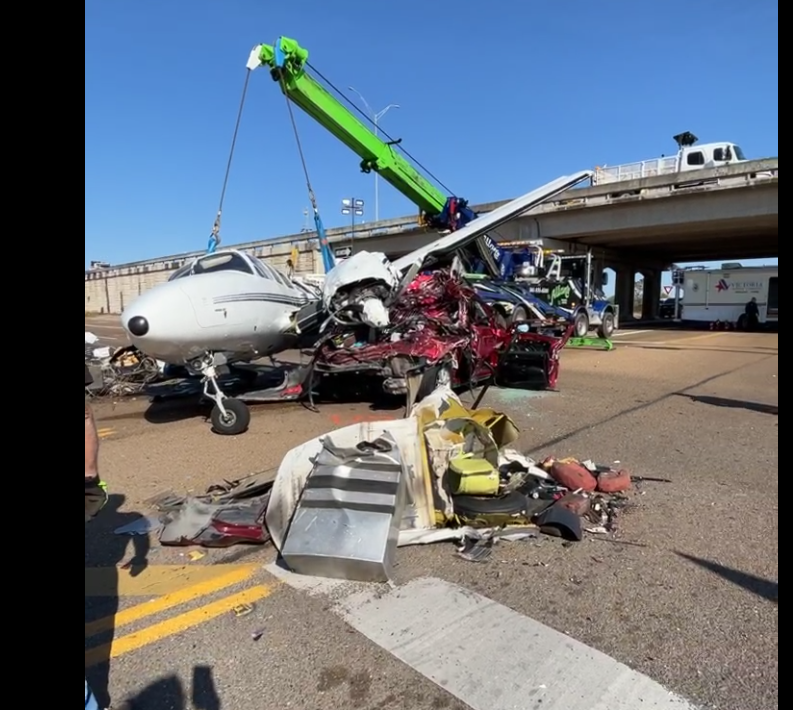Passion Has a Price
And for starting airline pilots, it’s an average salary of about $22,000 a year.
I can rightly-but not necessarily proudly-claim dual citizenship in two Villages of the Damned: journalism and aviation. Journalism, that noble guardian of the public trust and traveler of the moral high road, has been utterly disrupted by the rise of countless internet news services and a young generation that doesnt read. In aviation, an asymptotic cost curve that shows no sign of abating is driving all but the very rich out of personal flying.
So when Im asked by the fathers and mothers of friends if their sons and daughters should consider either journalism or aviation as a career, youll pardon me for pausing and suggesting other fields, like medicine, technology or business. I might secretly wish it werent so, but I openly shudder when serious research or a government report confirms what I know. That happened this week when the GAO released a study on the supposed airline pilot shortage.
Supposed is the operative word because the GAOs data revealed a mixed view of why regional airlines arent meeting their recruitment goals and how this is already impacting the daily grind of flight schedules.
There are probably multiple reasons for this, but one is the low starting salaries measured against the time and investment necessary to just get into the right seat of a regional jet. ALPA says the average starting salary of a regional first officer is about $22,000 and the GAO report found that the FO on that Colgan crash in Buffalo in 2009 had earned but $16,000 during the previous year. (Its not clear if that was a full or partial year of employment.) I wouldnt argue that you can directly equate competence and safety to pilot pay, but I would ask what kind of an industry would knowingly pay its people so poorly? And if it truly has no choice, than how viable is that industry in the first place?
Now it is true that first officers do rise in the ranks and earn more money, but that advancement isnt as fast as it once was. And in any case, why should a person who invested, what, at least $100,000 in training and experience have to suffer starvation wages for a week, much less a couple of years? When I started as a lowly cub reporter, I made $9,000 a year. A pittance by todays standards, but that was nearly 40 years ago. Adjusted for inflation, its about $38,000-a livable short-term wage for a single person on a reasonable advancement track.
My instinctual reaction to things like this is to just suggest if you dont like the wages, work somewhere else and thats evidently what many qualified pilots may be doing. This may be less predilection than it is having no choice at all. Your passion for slipping the surly bonds may run hot and deep, but you cant eat it. In a world economy thats hyper-competitive, not many young people can afford the self-indulgence of entering careers that dont at least pay a living wage.
So to be blunt about it, if Im asked about the advisability of spending the hundred grand to get one of these jobs, Im certainly not going to sugar coat it. Anyone doing that needs to have his or her eyes open going in. The industry predicts pilot demand between 2000 and 4000 a year for the next decade. Those arent very big numbers, meaning the job market could stagnate into a situation where the jobs arent easy to come by, but require a big training investment to so much as qualify. And theres the governments sticky thumbprint on this, requiring FOs to have ATPs and then making getting one of those vastly more expensive than it once was. What rational person would do this?
The GAO report said regionals are starting to wise up to what mess theyve made of managing human capital. Theyre beginning to offer signing bonuses and tuition payback, but I wonder if thats going to be enough. The imbalance between the highest pilot salaries and the lowest has always been with us, but now it appears egregious to the point of dysfunction. I suppose when enough flights are cancelled for lack of crews, the regionals will adjust salaries accordingly. My vote would be to start the bidding at about twice the current average starting salary. And yes, as Ive said before, Id pay the higher ticket price.
Join the conversation.
Read others' comments and add your own.






